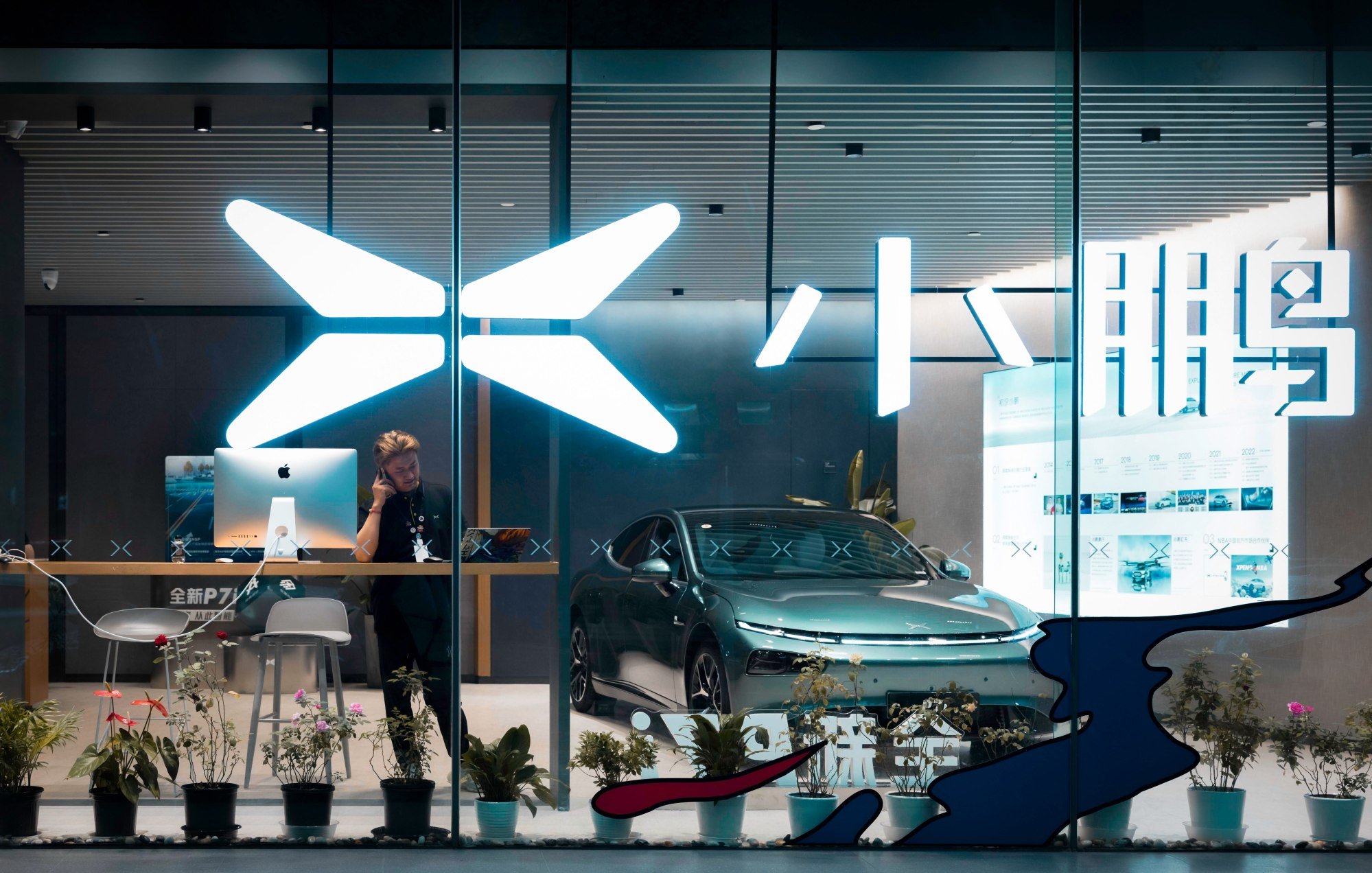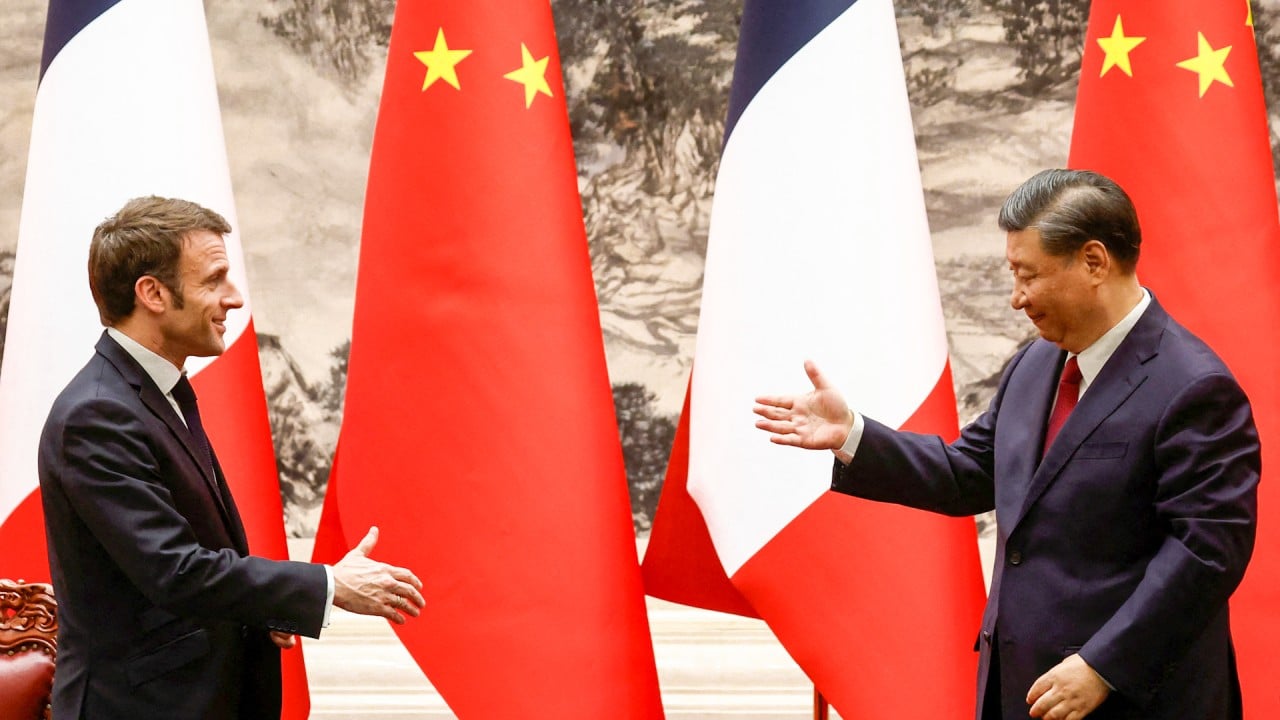The EU will delay a decision on whether to slap countervailing duties on Chinese-made EVs until after European elections that are scheduled for next month, reportedly to keep the politically freighted issue off the campaign trail.
It had been anticipated that the European Commission would pre-notify the companies involved and the EU’s 27 member states about the decision on June 5, nine months after an investigation into subsidies in China’s electric vehicle sector kicked off.
According to German magazine Spiegel, and some trade publications, the transmission will now take place on June 10, the day the results of the European Parliament’s elections are announced. This is to “keep the issue out of a heated election campaign”, the magazine reported.
A spokesperson for the commission’s department of trade said no political decision had been taken on when duties would be announced, should they be provisionally adopted.
The probe is ongoing and likely to result in higher import duties on EVs coming to European ports from China.
The June 5 deadline had been widely reported and is based on a nine-month time period since European Commission President Ursula von der Leyen announced the inquiry last October. Disclosure by that date is understood to be more about procedural courtesy than legal obligation.
A public announcement on provisional tariffs is expected on July 4. After this, the commission and EU member states have four months to decide whether to impose permanent duties on Chinese imports of the cars.
Beijing has threatened through state media and business channels to retaliate for the duties.
State-run tabloid Global Times this week said EU pork exports could be in the cross hairs, and reported last week that Beijing was considering investigating a subsector of combustion engine cars made in Germany and Slovakia.
A Chinese anti-dumping investigation into European brandy is already under way. This is widely viewed as a rebuke to France, a huge exporter of cognac to China, which is a strong supporter of the commission’s EV probe.
Ministers from Germany and France have attempted to defuse the trade tensions with China this week. On Wednesday, the German Transport Minister Volker Wissing compared the commission’s probe to Communist East Germany, saying he was “astonished that some are now calling for governments to restrict competition”.

“I miss a solid investigation by the EU Commission that shows where the competition is unfair. On this basis, the matter could be addressed. But simply saying that we have a suspicion is not enough,” Wissing told Euractiv, an online news outlet.
“This has nothing to do with a market economy. In the end, you have to ask yourself: Do we want to manage such a large transformation process according to the blueprint of the economically defunct [East Germany], or do we want to stick with the successful model of the Federal Republic of Germany?,” he added, referring to the country’s official modern name.
Earlier in the week, Bruno Le Maire, the French finance minister, said Europe “must absolutely avoid any form of trade war, because the trade war is not in the interest of the United States, nor of China, nor of Europe, nor of any country in the world”.
“China is our economic partner, but China has industrial overcapacity. And the G7 must present a united front to protect its industrial interests,” he said at the meeting of G7 finance ministers in Stresa, in northern Italy.


